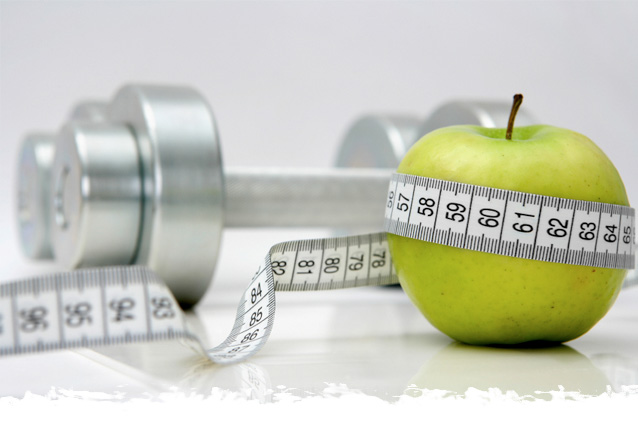 In a previous blog I discussed symptoms of hypoglycemia and irregular blood sugar, and now I’m going to get straight to the goods and give you my best tips for reversing dysglycemia.
In a previous blog I discussed symptoms of hypoglycemia and irregular blood sugar, and now I’m going to get straight to the goods and give you my best tips for reversing dysglycemia.
Just to recap: symptoms of hypoglycemia (low blood sugar) are craving sweets or feeling sleepy after meals, needing caffeine for energy, eating in order to relieve fatigue, and feeling irritable, light-headed, forgetful, and jittery when skipping meals.
What you need to know:
- Always eat a high-quality protein breakfast. My favorite is a protein smoothie with a healthy oil added, but eggs, nuts, seeds, cheese, and meat are all good sources of protein. If you’re waking up with no hunger or are even feeling nauseous, it’s more important than ever to ensure you get at least a small amount of protein into your system.
- Eat a small amount of protein every 2-3 hours. Never skip meals! When you’re working all day or are on the run doing errands, it’s essential that you pre-plan and have some snack sizes of healthy protein available.
- Don’t over indulge on carbohydrates. In order to reverse hypoglycemia, you need to get to the root cause: carbs. If you feel tired after a meal or are craving a sweet treat, it’s a sign you’ve eating too many carbs. Carbs come in different forms – from simple to complex (ie. donuts or whole grains) – obviously the more whole form a carbohydrate is in, the better for you, but stick to smaller portions to avoid overloading your system.
- Never eat sweet treats without ensuring you have some protein, fiber or healthy fat alongside. These will slow down the rate at which your body is able to absorb the carbs, helping to curb a spike in blood sugar. The goal here is to maintain a stable blood sugar and not have the roller coaster of highs and lows that is typical of most eating the standard North American diet.
- Avoid fruit juices and sweet vegetable juice (eg. carrot juice). These two act like simple sugars and promote dysglycemia.
- Avoid sugary foods before bed. If your sweet tooth gets the best of you and you just can’t resist, eat your (small portioned!) dessert shortly after your meal so that the protein, fat and fiber in your dinner will slow down the absorption of carbs.
- Find out what food sensitivities and allergies you have. A food allergy test in your naturopathic doctor’s office is a simple way to determine these, or, better yet, doing an elimination and challenge diet will illuminate which foods aren’t working well for your body. Addressing food allergies, sensitivities, and intolerances is vital if you want to correct blood sugar imbalances for good.
- A well-balanced diet of vegetables, nuts, seeds, fish, meat, healthy oils and some fruit is the ideal diet for avoiding hypoglycemia and insulin resistance.
By stabilizing your blood sugar and maintaining healthy habits, you will go a long way to supporting your adrenal glands and protecting your thyroid as well as improve sleep, energy and mood. Get started now!





Pingback: Naturally Thinner | Dr. Sacha Elliott